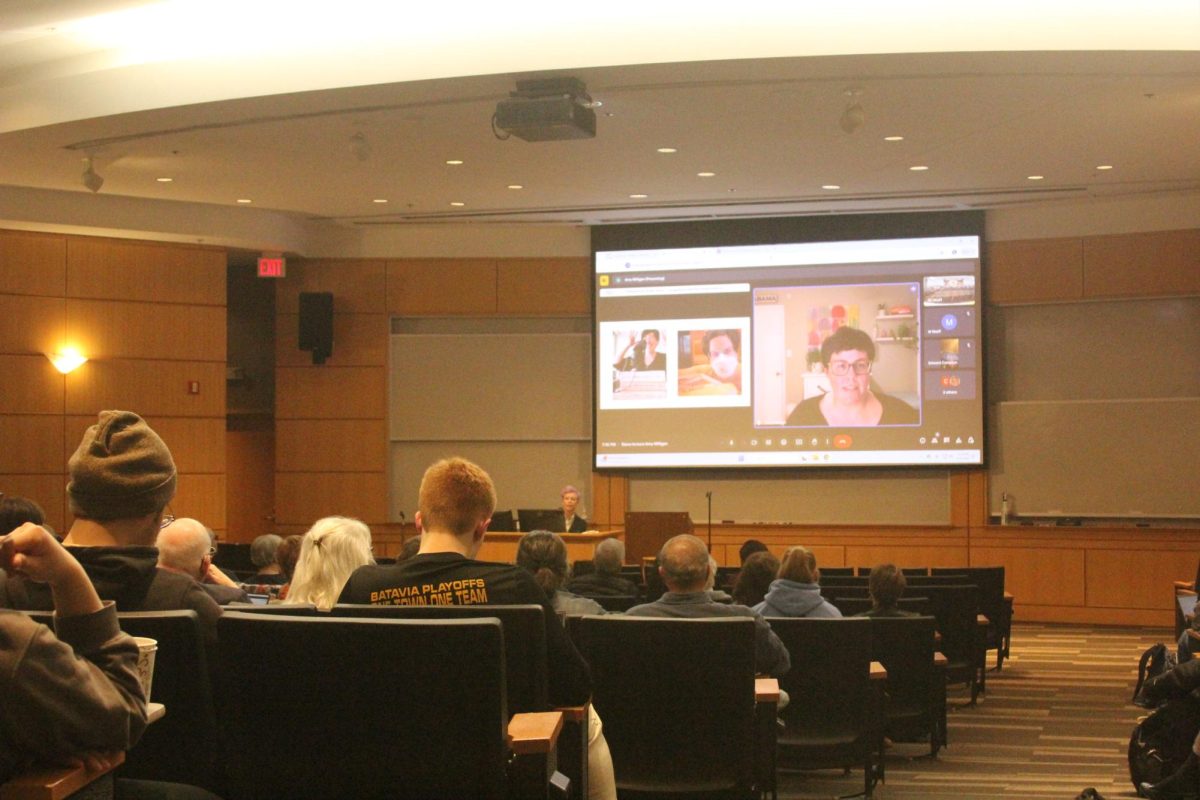The United States of America and Iran have had quite the dysfunctional relationship over the last sixty years. Recent nuclear peace talks have shown some promise for improved relations in the future.
However, the average observer should be prepared to watch diplomatic efforts crumble as we approach the deadline late in June. In order to resolve conflicts, there must be trust.
Unfortunately, the level of trust can is less than satisfactory. While President Barack Obama remains ‘confident’ a deal will be struck, past relations inspire about as much confidence as gas station sushi. While Secretary of State John Kerry and Iranian counterpart Mohammad Javad Zarif slave away hammering out the details, their efforts are inhibited by polarized constituencies and historically buggered relations.
Since the American-backed 1953 coup d’état the U.S. has violated Iran’s trust enough times to fill a Taylor Swift album. Spurred by deep-seeded cultural differences, factions of each government vehemently oppose any form of political cooperation.
But the proposed deal, as the Senate asserted last Tuesday, is an executive agreement and does not require the consent of the Senate. Nonetheless GOP senators have attempted to tack on a laundry list of amendments that would render the bill dead in the water.
While there is a litany of external factors at play, including Israeli and Russian dissent, success hinges on each president’s propensity to forgive past offenses and compromise.
The leaders should view the deal as it is; a Band-Aid. The current political climate is too tumultuous for any truly meaningful legislation. In time there may be possibility for forthright talks, but at the moment President Obama just needs to keep his foot in the door.
Lifted sanctions will drastically improve the lives of everyday Iranians and limited nuclear capacities will put Americans at relative ease as ethnic conflict in the Middle East continues to fester. This should be portrayed as grand gesture of compromise between two deeply different cultures, not a toothless appeasement of Iranian ambitions.
While there is an inherent danger in leaving nuclear capabilities in a region with such rampant extremism, the mutually assured destruction that would follow nuclear war serves as the ultimate deterrent.
Besides, suppose an agreement is reached, we can still expect a muddled verification process draped in bureaucratic red-tape that will give opposition multiple chances to double-back on agreed terms and return to the illustrious state of perpetual conflict that the media feeds on.







































































































